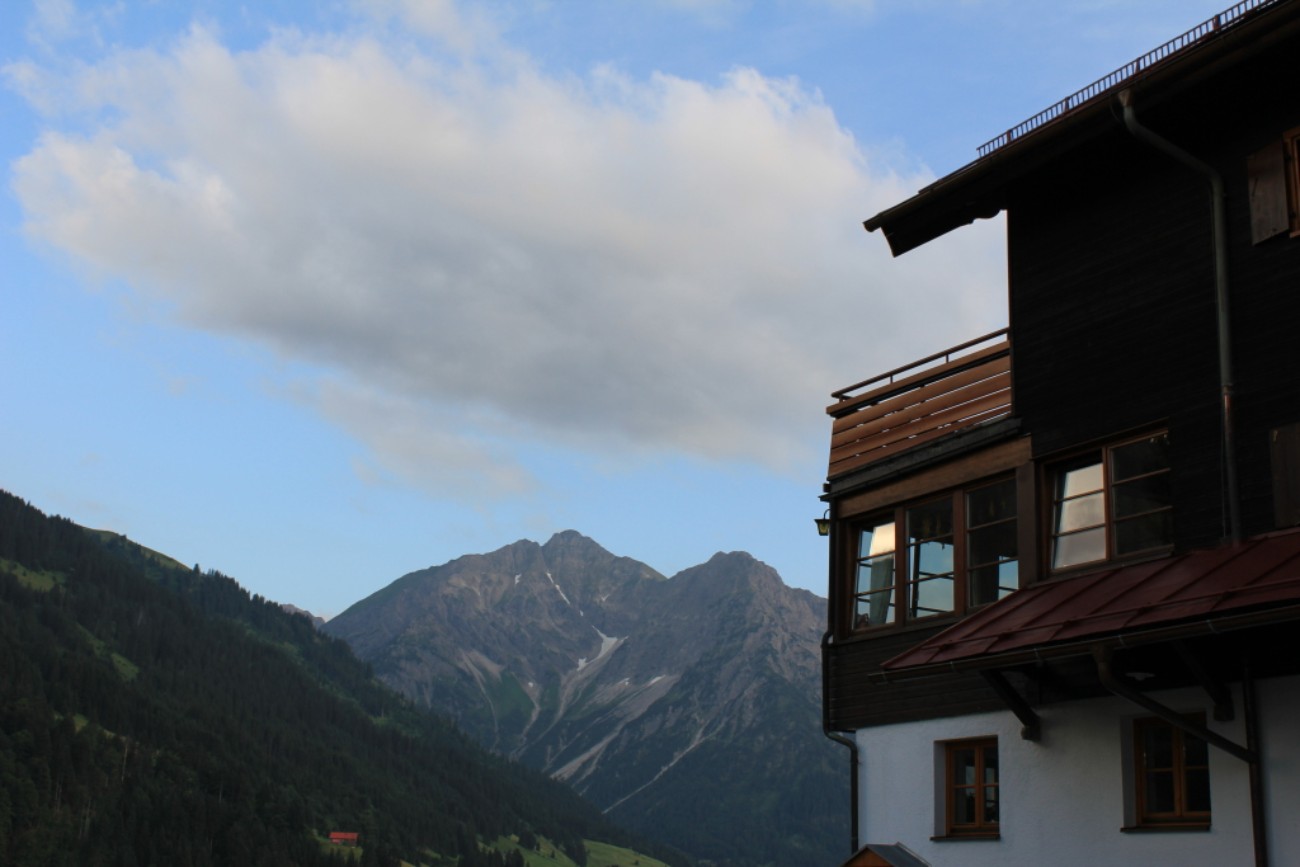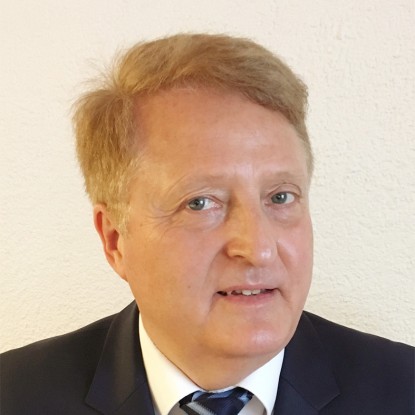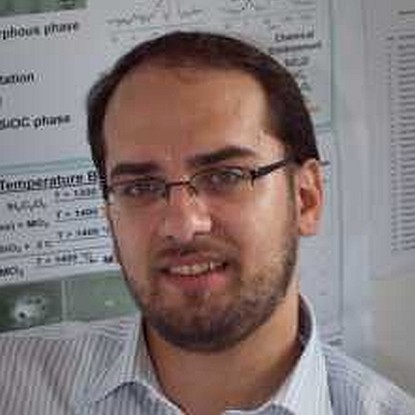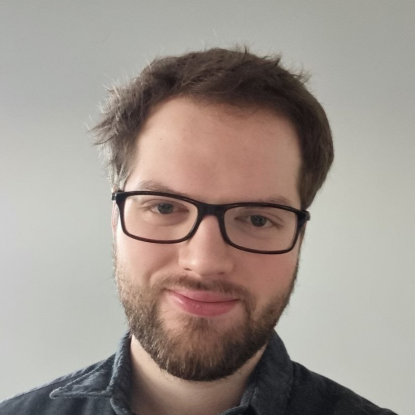6th Annual PIRE PDC Workshop in Conjunction with Graduate School TU-Darmstadt
The annual workshop is an invitation only event and promotes face-to-face interactions among US and international members to encourage discussion of the collaborative research agenda, yearly progress review via oral/poster presentations by participants, short-courses on topics related to ceramics, information sessions by national lab and industry participants, and the extension of PDC-fiber research to a broader materials science community. The workshop promotes engagement and sharing of resources and research infrastructure within and across PIRE institutions. State of the art research is disseminated at the workshops by welcoming non-PIRE scientists and students amongst our midst.
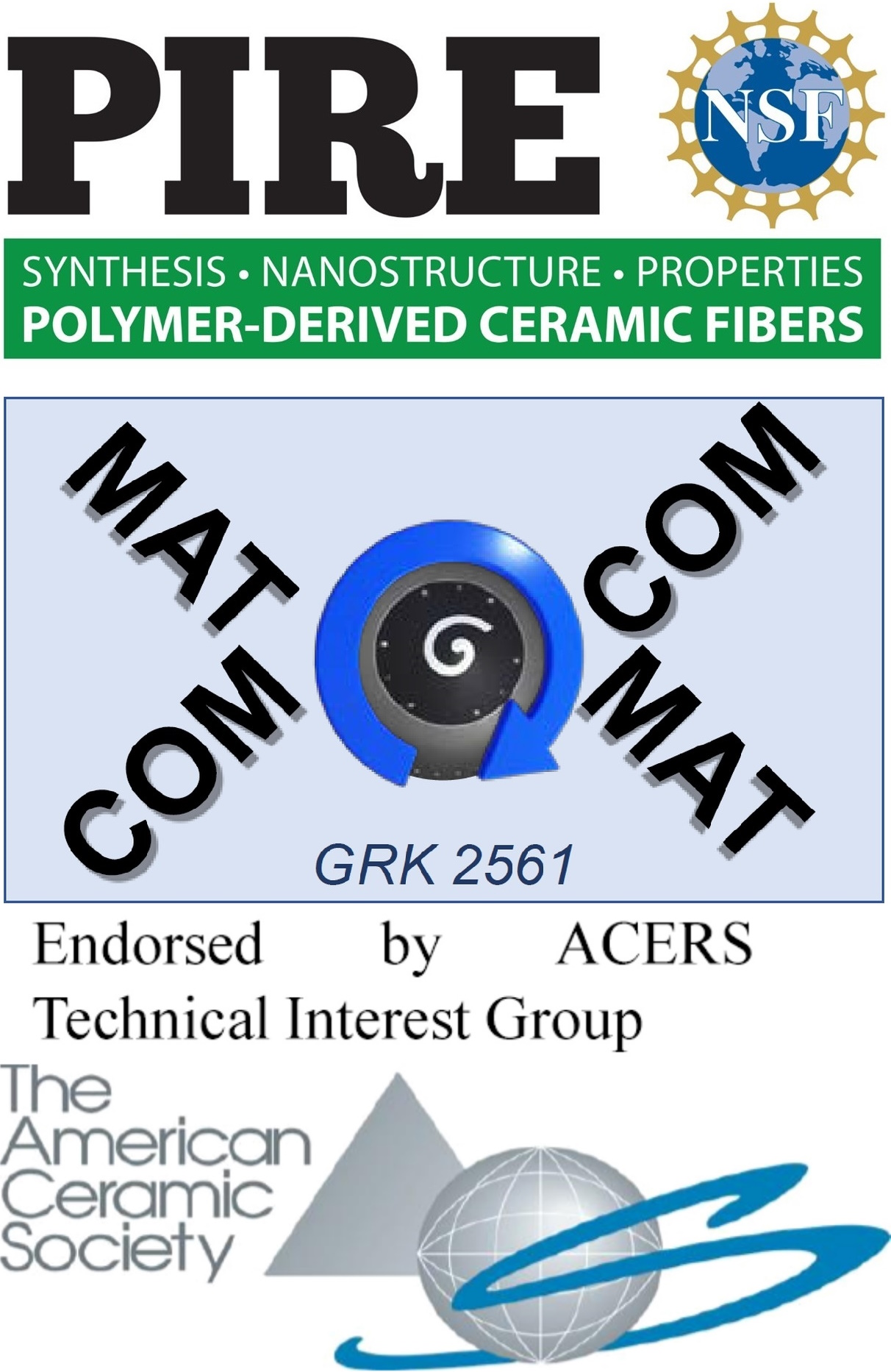
From June 26 to July 01, 2023
The PIRE PDC workshop will cover all topics related to synthesis, property, testing, and applications of PDCs and related high temperature ceramics including ceramic matrix composites (CMCs) in two days of seminars.
Following this workshop, there is a two-day seminar series of MatCom-ComMat, jointly hosted by Karlsruhe Institute of Technology, represented by Prof. Dr.-Ing. Martin Heilmaier, and TU Darmstadt, represented by Prof. Dr. Ralf Riedel. The seminar series will be on extreme heat-resistant new material composites.
This workshop is an invitation only event; if you have colleagues that are interested in attending, please have them contact us.
Lodging at the facility is limited and is offered to all participating students and some US/German Principal Investigators only. We encourage other workshop attendees to look into local lodging options on their own. Some information on lodging can be found here – Kleinwalsertal
Program PIRE: “High Temperature Ceramic Fibers: Polymer-Based Manufacturing, Nanostructure, and Performance”
This PIRE program's primary research objective is to research synthesis, nanostructure, and properties of multicomponent pseudo-amorphous polymer-derived ceramic fibers constituted from Si/C/N/O to expand the diversity of the chemistry and the science of ceramic-fiber research beyond the traditional SiC fibers. Amorphous Si/C/N/O-based materials have the potential to enable fibers with properties equivalent to or exceeding those of current nano-crystalline SiC fibers at a factor of ten lower cost. In addition, this research will investigate quaternary polymer-derived ceramic systems containing boron (B) and aluminum (Al) elements in Si/C/N; ceramic fibers constituted from doped SiCN are expected to exhibit negligible creep resistance at temperatures up to approximately 1700 °C in oxidizing environments.
Synergy between the carbon network and the silicon-oxygen-carbon (for SiOC) or silicon-nitrogen- carbon (for SiCN) matrix with which it is interlaced, imparts thermodynamic stability to the amorphous structure, creep resistance, and, most importantly, the opportunity to manufacture high quality fibers at low cost.
Program DFG-Research Training Group 2561: “Materials Compounds from Composite Materials”
The aim of RTG 2561 “Materials Compounds from Composite Materials” is to develop new types of composites that allow the temperatures of combustion engines and processes to rise sharply under extreme environmental conditions, such as oxidation or erosion, beyond 1300 degrees Celsius. In the context of the energy transition, this has a high application potential in high-temperature processes.
MatCom – ComMat – extremely heat-resistant new material composites
The RTG 2561 is a joint project of the applicants Karlsruhe Institute of Technology, spokesman: Prof. Dr.-Ing. Martin Heilmaier and the TU Darmstadt with the coordinator Prof. Dr. Ralf Riedel. The DECHEMA Research Institute (DFI), Frankfurt is involved in the project, which has been approved for 4 1/2 years.
New high-temperature materials could allow a revolutionary increase in the operating temperatures of internal combustion engines and processes and thus significantly improve efficiency.
The focus of the new research network is on novel composite materials made of intermetallic alloys that form thermomechanically stable phases and allow ultra-high operating temperatures (above 1300 ° C). These nanocomposites withstand extreme environmental conditions (such as oxidation, corrosion, erosion) thanks to their “self-healing powers”. A highlight: the alloys are additionally protected on the surface with polymer-derived, complex and heat-insulating ceramic systems.
The three institutions will conduct research on these highly complicated material systems: While the intermetallic substrate materials are being developed at the Karlsruhe Institute of Technology, the focus of research at the TU Darmstadt is on the coating materials side. Finally, the two material systems, metal and ceramic, are linked by developing suitable coating processes. In cooperation with the third partner in the Research Training Group, DECHEMA in Frankfurt am Main, the high-temperature corrosion of the composite materials is examined under realistic conditions, such as those found in internal combustion engines.
Important Dates and Information
- Registration and abstract form deadline: April 11, 2023
- Registration fee: 650 €
- Payment deadline: April 30, 2023
Workshop Organization
Contact information for PIRE related inquiries
- Prof. Gurpreet Singh, gurpreet@ks….
- M.S., M.B.A. Sailesh Menon, menon@ks…
Contact information for MatCOM-COMMat related inquiries
- Prof. Ralf Riedel, ralf.riedel@tu-da….
- PD Dr. Emanuel Ionescu, emanuel.ionescu@gast.tu-da…
- M. Sc. Samuel Kredel, samuel_aeneas.kredel@tu-da…
- M. Sc. Jan Bernauer, jan.bernauer@tu-da…
+49 (0)6151 16 21623
+49 (0)6151 16 21624


